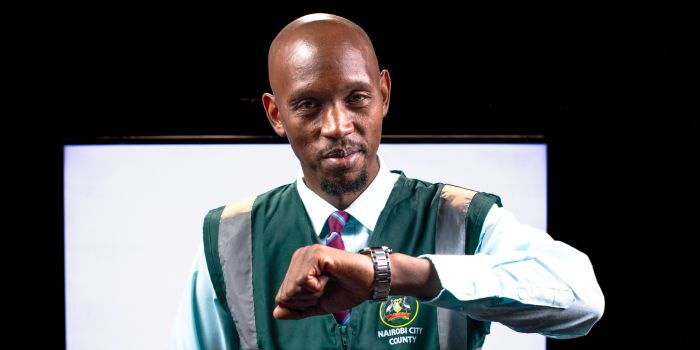Nairobi official Peter Mosiria has raised alarm over suspected cases of human trafficking involving persons with disabilities (PWDs) who are being exploited for forced begging within the Central Business District (CBD).
Taking to social media on Saturday, October 4, Mosiria revealed that he has been receiving reports indicating that cartels are trafficking PWDs some allegedly from neighbouring countries and forcing them to beg for money in the city streets.
“I have been receiving disturbing reports from concerned citizens regarding a group of cartels allegedly involved in trafficking persons with disabilities into our city,” Mosiria stated. “According to these reports, the individuals are housed in one location and transported daily to the streets to beg for money.”
He further explained that the victims are closely monitored by handlers who collect their earnings once donations reach a certain amount. The practice, he said, is exploitative and strips victims of their dignity.
“This is a deeply troubling and exploitative practice,” Mosiria lamented, calling upon relevant authorities to conduct thorough investigations and take decisive action to protect the rights of PWDs.
In June, Mosiria also exposed a similar syndicate that used rented children to attract public sympathy and collect money from unsuspecting Kenyans. He later announced a crackdown on “fake beggars” as part of efforts to protect vulnerable individuals from abuse.
A 2022 report by the European Disability Forum found that persons with visible disabilities are often targeted for forced begging due to their ability to elicit public sympathy. The report also noted that women and girls with intellectual disabilities are at higher risk of sexual exploitation.
Recently, a Kenyan judge urged the government to increase its KSh 328,000 allocation for anti-human trafficking initiatives, citing inadequate funding and limited training for prosecutors as barriers to effective enforcement.

